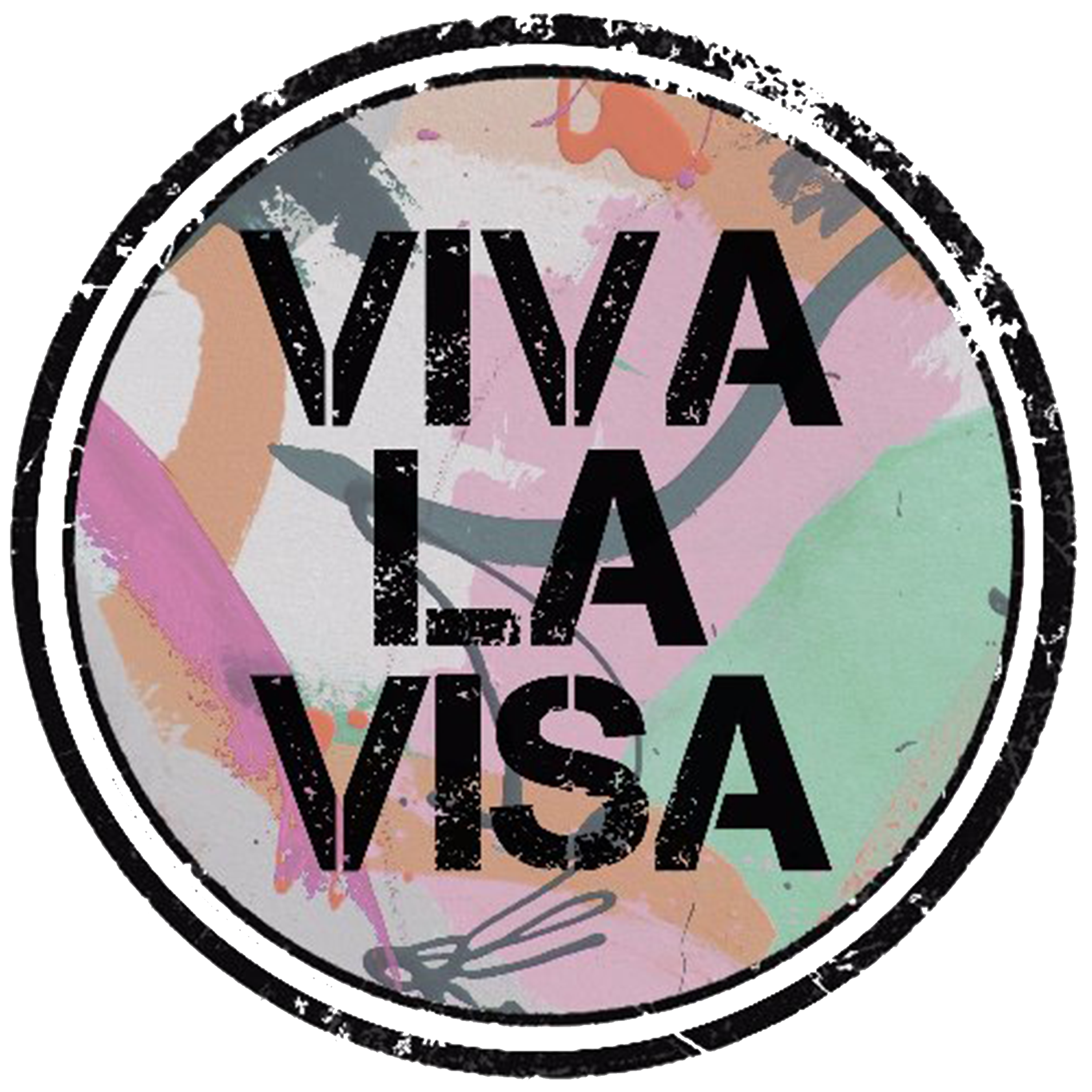Brexit and Beyond. What lies ahead for Touring in the UK and EU
On Dec 31st 2020 the UK will leave the EU and EU treaty free movement rights will cease. The UK will then be regarded as a “third country” by the EU and it will impose customs and border controls on people and goods moving in and out. As the EU and broader Schengen area have, in theory, no internal borders once you’re in the area a third country national can travel freely.
The EU splits other countries into 2 categories - Visa and Non-Visa Nationals. Visa National countries require a visa applied for in advance to enter. Non-Visa Nationals only require a visa for stays over 90 days and certain types of employment. The UK will fall into the non-visa national category along with USA, Japan, Australia, Canada etc.
From 2022 all Non-Visa holders will require an ETIAS, which is similar to the American ESTA, to enter the Schengen area. Work permits are required for most employment in the EU and these are issued on a country by country basis with different requirements in each jurisdiction.
The good news is that almost all EU countries have a work permit exception for short tours. The period permitted ranges from a couple of weeks to a couple of months. This arrangement means that for practical purposes tours originating in the USA for example, can perform in the EU without needing visas OR work permits. Long term contracts will require a work permit issued by the EU employer AND a visa issued by the Schengen state.
Although the EU could impose special restrictions on UK arrivals there is nothing, at present, to suggest that UK touring groups will be treated any differently to those from other Non-Visa National countries.
The situation with equipment is different and a carnet will be needed to temporarily take goods in and out of the Schengen area. Each EU state has its own tax regime and tours have always had to make their own arrangements regarding withholding tax. The same will apply regarding Social Security deductions and hopefully agreements will be made such as the ones between the US and EU countries.
In short, for UK passport holders going to the EU the following is true:
1. No visa or work permit needed for short tours
2. ETIAS needed to enter EU from 2022
3. Carnet required for equipment
For EU artists coming to the UK the system is different.
The visa situation is similar to Schengen. No visas are required except for long stays (up to 6 months) and most employment. There is an exception for touring whereby Non-Visa nationals can enter for up to 3 months with the correct work authorization.
There are 4 possible routes for entry to perform in the UK
1. A certificate of sponsorship (COS) issued by UK employer or agency. This is in effect a work permit and is part of the Points Based Immigration System
2. For festivals on the Permit Free list, only a letter of invitation plus supporting documents are necessary.
3. Permitted Paid Engagement. This is permission to perform in UK for up to 1 month and requires an invitation from employer and proof of artist status.
4. Performance without pay, no documentation needed.
PPE entry has caused problems in the past as the decision to admit is made by the officer at the border and sometimes they have got it wrong. The COS route is much safer as there is an element of pre-approval and is used in the majority of cases now. As EU performers require more documentation to come to the UK than the other way round there is the possibility that the EU will reciprocate and make it more difficult for UK performers.
Watch this space for further info and updates!
